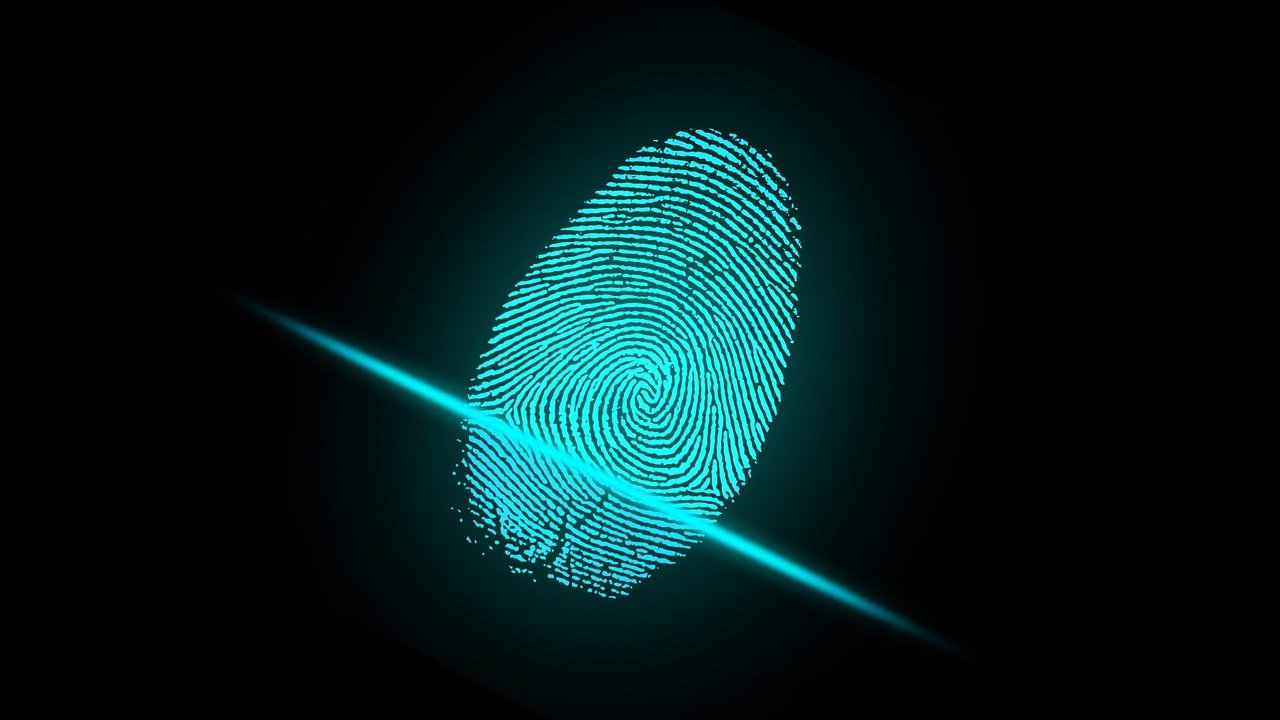Head of the School of Engineering, Richard Guest, has been reappointed to the Biometrics and Forensics Ethics Group (BFEG). The interdisciplinary group, which also consists of experts from areas including science, law and ethics, acts as an advisory body and provides independent ethical advice to the Home Office and its ministers on matters related to the collection, use and retention of biometric and forensic material, and on the use of large and complex data sets.
The BFEG is commissioned to examine the ethical impact on society, groups and individuals in:
- the collection, retention and use of human biometric identifiers, such as DNA, fingerprints, and face recognition
- the retention and use of forensic data such as extracted digital forensic material
- policy and projects from the Forensic Information Databases Strategy Board
- relevant projects from the Home Office Biometrics programme, including advice on Data Protection Impact Assessments
- the use of large datasets within the Home Office, including the implementation of systems using machine learning and artificial intelligence
A large area of the Group’s work relates to face recognition and its uses. Richard has been heavily involved with face recognition, which is increasingly used in crime prevention and border control. But with these uses come ethical questions. The BFEG aims to advise on how it should be used and when it can be used, including addressing questions over when Police can use CCTV. Other areas of work include visa applications and remote verifications, where there are questions over using mobile phone face recognition rather than an individual visiting the Home Office in person.
Alongside this, BFEG examines AI, which has become a large talking point recently. Questions remain over how we interpret AI and whether is bias exists within the technology, particularly when looking at its effectiveness with different demographics.

